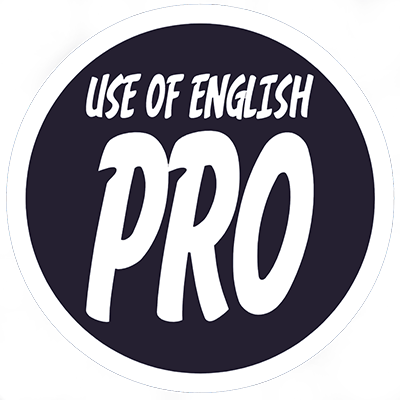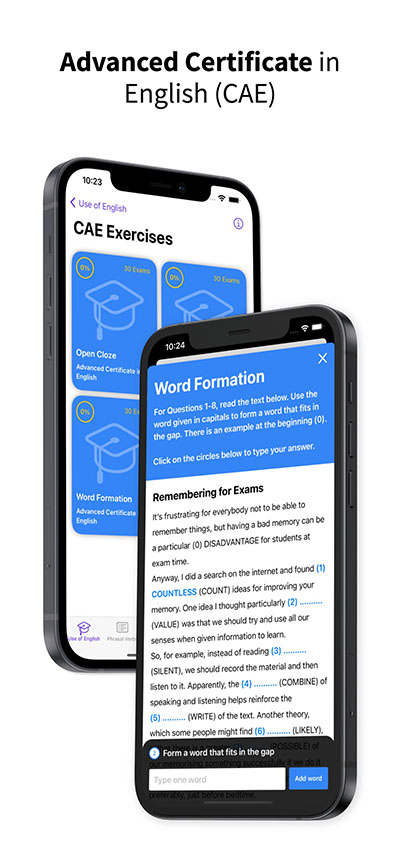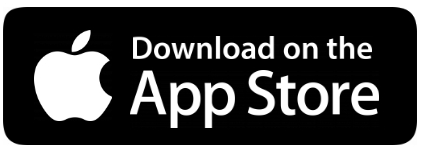James Baxter reviews two books about the internet: Rewire by Ethan Zuckerman, and Untangling the Web by Aleks Krotoski.
Open a street map of any city and you see a diagram of all the possible routes one could take in traversing or exploring it. Superimpose on the street map the actual traffic flows that are observed and you see quite a different city: one of flows. The flows show how people actually travel in the city, as distinct from how they could. This helps in thinking about the internet and digital technology generally. In itself, the technology has vast possibilities, as several recent books emphasise, but what we actually wind up doing with it is, at any point in time, largely unknown.
Ethan Zuckerman is excited by the possibilities the web provides for linking far-flung populations, for sampling different ways of life, for making us all digital cosmopolitans. His central thesis, however, is that while the internet does, in principle, enable everyone to become genuinely cosmopolitan, in practice it does nothing of the kind. As the philosopher Anthony Appiah puts it, true cosmopolitanism ‘challenges us to embrace what is rich, productive and creative’ about differences; in other words, to go beyond merely being tolerant of those who are different. Much of the early part of Rewire is taken up with demonstrating the extent to which the internet, and our use of it, fails that test.
‘We shape our tools,’ said the philosopher Marshall McLuhan, ‘and afterwards they shape us.’ This adage is corroborated every time most of us go online. We’ve built information tools (like search and social networking systems) that embody our biases towards things that affect those who are closest to us. They give us the information we think we want, but not necessarily the information we might need.
Despite all the connectivity, we are probably as ignorant about other societies as we were when television and newspapers were our main information sources. In fact, Zuckerman argues, in some ways we were better then, because serious mainstream media outlets saw it as their professional duty to ‘curate’ the flow of news; there were editorial gatekeepers who determined a ‘news agenda’ of what was and wasn’t important. But, as the internet went mainstream, we switched from curation to search, and the traditional gatekeepers became less powerful. In some respects, this was good because it weakened large multimedia conglomerates, but it had the unanticipated consequence of increasing the power of digital search tools – and, indirectly, the power of the corporations providing them.
Zuckerman – a true cosmopolitan who co-founded a web service dedicated to realising the net’s capacity to enable anyone’s voice to be heard – provides an instructive contrast to excessively optimistic narratives about the transformative power of networked technology, and a powerful diagnosis of what’s wrong. Where he runs out of steam somewhat is in contemplating possible solutions, of which he identifies three: ‘transparent translation’ – simply automated, accurate translation between all languages; ‘bridge figures’ – bloggers who explain ideas from one culture to another; and ‘engineered serendipity’ – basically, technology for enabling us to escape from filters that limit search and networking systems. Eventually, the technology will deliver transparent translation; cloning Ethan Zuckerman would provide a supply of bridge figures, but, for now, we will have to make do with pale imitations. Engineering serendipity, however, is a tougher proposition.
Aleks Krotoski might be able to help. She is a keen observer of our information ecosystem, and has been doing the conference rounds with an intriguing contraption called the ‘Serendipity Engine’, which is two parts art installation and one part teaching tool. Untangling the Web is a collection of 17 thoughtful essays on the impact of comprehensive networking on our lives. They cover the spectrum of stuff we need to think about – from the obvious (like privacy, identity and the social impact of the net) to topics which don’t receive enough attention (for example, what medics, with a sniff, call ‘cyberchondria’ – how the net can increase health anxieties).
Although she’s a glamorous media ‘star’ (having fronted a TV series about the internet), people underestimate Krotoski at their peril. She’s a rare combination of academic, geek, reporter and essayist, which her chapter on the concept of friendship online exemplifies: she’s read what the key social theorists say on the subject, but she’s also alert to what she experiences as ‘emotional anaemia’ – ‘the sense that.....you might not feel the online love from the people you should, because your nearest and dearest may be drowned out in the ocean of sociability.’ Which, in a way, brings us back to Zuckerman’s thoughts about the difference between what networked technology could do and what it actually does.






